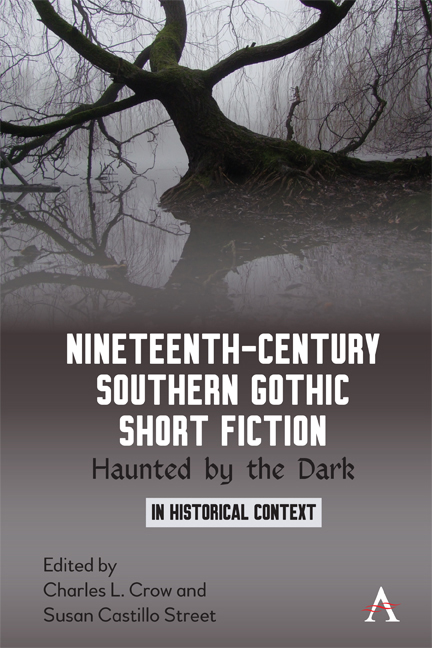Chapter One - Victor Séjour, “The Mulatto” (1837, new English translation by Susan Castillo Street)
Published online by Cambridge University Press: 20 January 2022
Summary
Victor Séjour was born in the French Quarter of New Orleans in 1817. His parents were free gens de couleur, relatively affluent mixed-race people who nonetheless did not enjoy the same rights as those who were classified as white. They provided him with a solid education, and at the age of 19 he went to Paris. There he came to the attention of Cyrille Bissette, the influential editor of the Revue des Colonies, who published Séjour's short story “The Mulatto” (“Le Mulâtre”) in 1837.
“The Mulatto” is acknowledged as the first short fiction published by an African American. It makes a compelling argument against slavery, and is set in St. Domingue (present-day Haiti), where enslaved people were treated with extreme brutality. It tells the story of Georges, a mixed-race man, and evokes the complex network of family relationships between enslaved people and their owners, describing the sexual abuse of enslaved women and the unrelenting exploitation of slave labor. The character of Georges embodies the greatest fear of Southern slaveholders, that of armed slave insurrection, which in this case involves not only rebellion but also patricide.
Text: Victor Séjour, “Le Mulâtre,” http://french.centenary.edu/textes/mulatre.html, downloaded March 7, 2018, at 11:54. Translated by Susan Castillo Street.
THE MULATTO
The first rays of dawn had just begun to illuminate the dark mountain peaks when I left the Cape for Saint-Marc, a small town in St. Domingue, which is now the republic of Haiti. I had seen so many beautiful landscapes and tall deep forests that I had begun to feel indifferent to these stalwart beauties of Creation. However, when I beheld the aspect of this town, with its picturesque vegetation and its bizarre and novel nature, I was dazed and astonished at the sublime diversity of God's works. Upon my arrival, I was accosted by an old Negro, at least seventy years of age. His stride was firm, his head held high, his figure imposing and vigorous; the only thing that revealed his age was the remarkable whiteness of his curly hair. He wore a large straw hat, as is the custom of that country, and coarse grey linen trousers, with a plain batiste jacket.
- Type
- Chapter
- Information
- Nineteenth-Century Southern Gothic Short FictionHaunted by the Dark, pp. 7 - 18Publisher: Anthem PressPrint publication year: 2020



